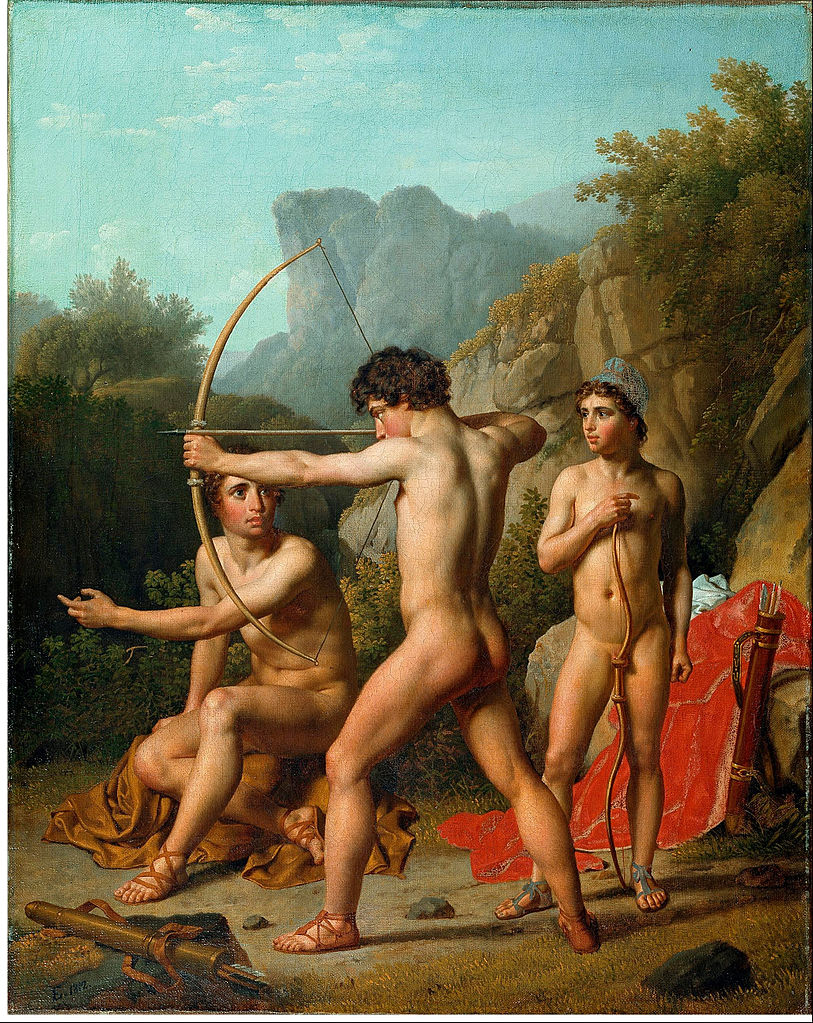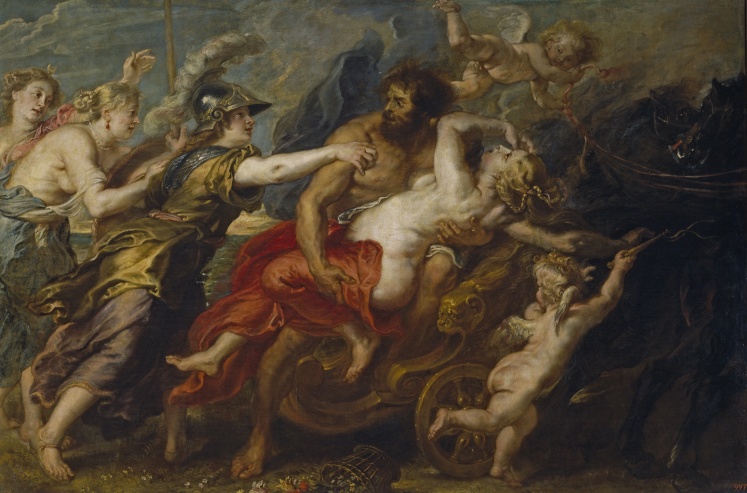There is no doubt that the ancient Greeks played an important role in the development of modern society. From plumbing to various aspects of the judiciary to systems of government, we have much to thank the Greeks for. However, only some things that the Greeks did pass the test of time. Sexual intimacy in ancient Greece is nowhere close to what it is today.
Many think of ancient Greece as a free-for-all society; in certain respects, it truly was when it came to sexual relationships. However, most of us today are unaware of many social norms, unspoken traditions, and rules. I’ve compiled a list of facts that perfectly depict what sex and sexuality were like in ancient Greece.
Homosexuality Was Encouraged

In ancient Greek society, at least for men, stigmas about sexual orientation did not exist. Men’s relationships were not only considered but welcomed. There was no specific term for homosexuality since it was considered a part of the larger concept of love which had nothing to do with gender.
For relationships between two people of the same gender, this is not to suggest it was a golden age. Historians say ancient Athenian men found penetration and sexual dominance a sign of prestige. People used to make fun of a man who behaved as a passive partner or allowed penetration by another grown man.
Ancient Greeks Were Okay With Pederasty

The relaxed views of hedonism in ancient Greece contained certain activities which modern society now considers reprehensible. Pederasty, or when an older man indulges in sexual activities with a younger male, is viewed much differently than it was back then.
As sexual relations were more about pleasing the dominant partner than the submissive one, the act reflected attitudes of dominance and submission in Greek culture.
According to Plato’s Symposium, love between two men is the purest type of love, especially love between an older man and a younger one, as it originates in the desire to share information and worldviews — desire was considered a benefit, not the relationship’s engine.
Ancient Greece wasn’t always like that. Sometime around 450 BCE, laws were passed that discouraged sexual profligacy.
These laws mostly applied to men — they affected a person’s ability to run for office, which was impossible for women.
However, it is hard to distinguish between actual laws, traditions, and cultural norms.
Seducing Someone’s Wife Was A More Heinous Crime Than Rape

Ancient Greece’s patriarchal norms, mixed with myths filled with gods snatching and raping women, suggested that imposing oneself on others was not a heinous crime. The Greek gods, especially Zeus, were famous for forcing and tricking women into performing sexual acts. Not only were common women suffering at the hands of greedy gods — the goddesses in myth were also victims of such assaults.
While the Greek gods were not like other religions’ aspirational, perfect figures, it is clear that the attitudes towards such attacks were laxer in ancient times. It was supposedly worse to seduce a married woman than to force oneself upon another, as it allowed one to regard the “property” of another man as his own, making it a kind of robbery. The writings of the Greek historian Herodotus said that while it was unjust to force oneself on another, it did not require revenge.
Prostitution Was Legal And Sometimes State-Run

To my surprise, prostitution was legal for all genders in ancient Greece. The Greek women were mostly homemakers and needed an escort to move out to the city. Women like mistresses, ladies of the night, and prostitutes enjoyed more freedom because of their status in the cities.
Apart from that, there were state-run brothels too in ancient Greece. The brothels provided enslaved people with sexual pleasures. They also offered mistresses to higher-class citizens, who usually had to sign a contract with the person they were allotted to. These mistresses were highly educated and used to please men with their bodies and wit.
There were male sex slaves, too, intended for older clients. However, these enslaved people were unable to get work later in their lives because the common perception was that the people who sold their bodies could easily be tempted and manipulated if they were offered money.
Kissing Was Frowned Upon

It’s not that kissing was forbidden in ancient Greece, but it was seen as a gesture of greeting others. Romans, who adapted a lot from the Greek cultures and traditions, used to greet each other with a kiss.
The societal norms in Ancient Greece put restrictions on kissing. You won’t believe that pecks between men and kisses among family members received more acceptance than men and women kissing in public; it doesn’t matter what relationship they had.
Greek society viewed women who kissed others as dishonorable and disreputable. The people saw it as undesirable because they expected women to play a passive role. Finally, guess what? If a man did kiss his wife, it was because he wanted to see if his wife had been drinking when he was away.
Final Thoughts
Before doing my research on sex and sexuality in ancient Greece, I looked at the ancient Roman empire as well. According to my research, the main factor distinguishing Greece from Rome is Freedom. I feel that ancient Greek society was less conservative and open-minded regarding certain aspects of sex and sexuality. Things were not ideal, but they were way better than other cultures that existed at that time.
Source: riginal.newsbreak.com









